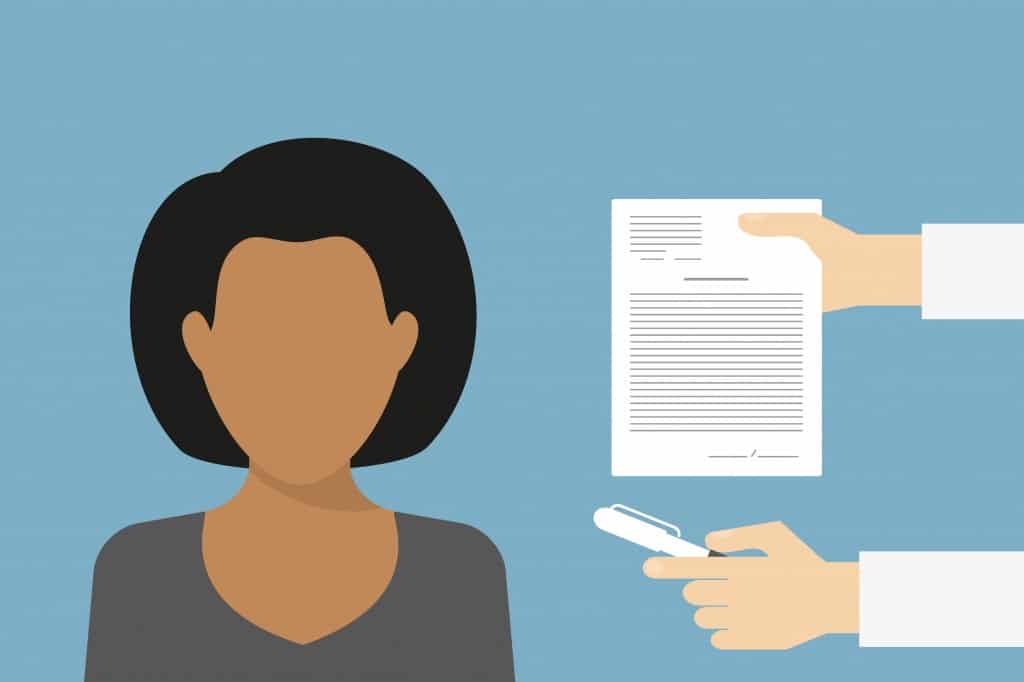How to Legally Protect Yourself Against Problem Residents

Have a resident screening process in place. Before signing a lease with a new resident, make sure you have a sufficient screening process in place utilizing objective legal guidelines that a resident must meet in order to be approved. An objective tenant screening procedure is important to insulate the landlord from discrimination and related type complaints.
Make sure lease terms are specific and unambiguous. Ambiguous language leads to lawsuits and leaves the meaning of the lease up to a judge or jury to decide. A lawsuit determining the meaning of the lease would result in an unnecessary delay in the removal of a problem resident, costing you both time and money.
Spell out your guest policy in the lease. This includes how long a guest can stay before he or she needs to be added to the lease. Sometimes, residents will try to get away with having a guest stay for an extended period of time without being approved as a resident by the landlord. Having this policy in place allows you to take the necessary legal action if the tenant does not comply.
Limit rights to sublet. Require that the landlord approve any sub-tenant. Such approval would incorporate the resident screening process you have put in place.
Keep an eye on the property. This will insure that the resident is in compliance with and not breaching any of the terms of the lease. Put a clause in that allows the landlord the right to access the premises (upon reasonable notice).
Keep detailed records. Record keeping includes anything that pertains to the lease and the landlord/tenant relationship. Documentary evidence, when prepared in the ordinary course of business, is very powerful evidence when used in court. These will give you documented proof of issues the landlord has with the resident and all actions taken to resolve the problem.
Jay M. Levy has been a member of The Florida Bar since 1976 and focuses his practice on the litigation of business and commercial disputes, at both the appellate and trial levels.
Source: MHNOnline















 Accessibility
Accessibility